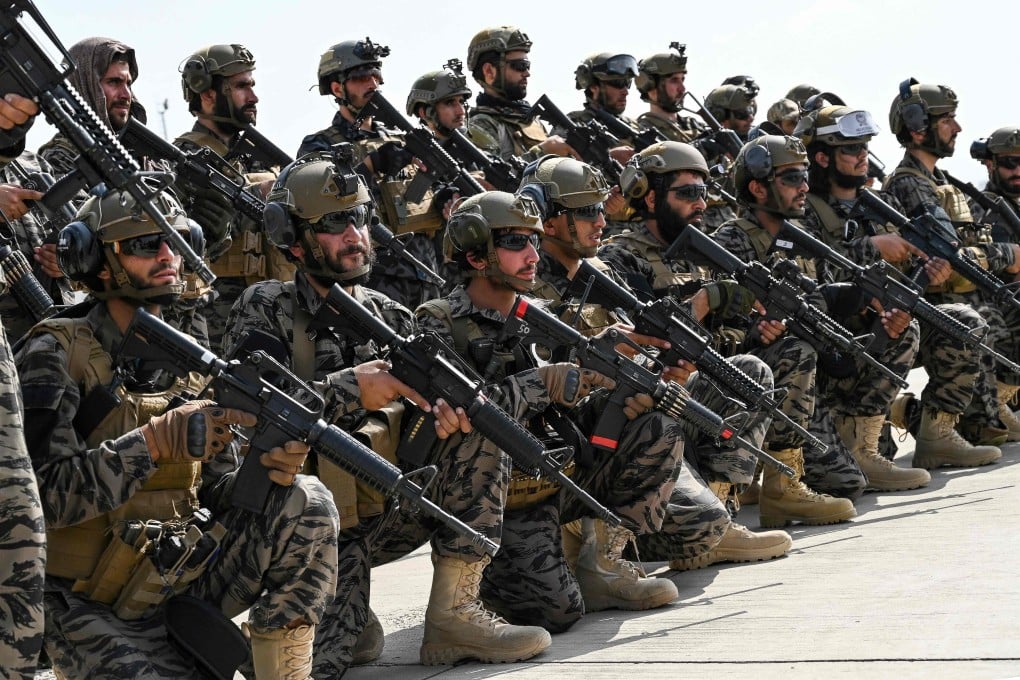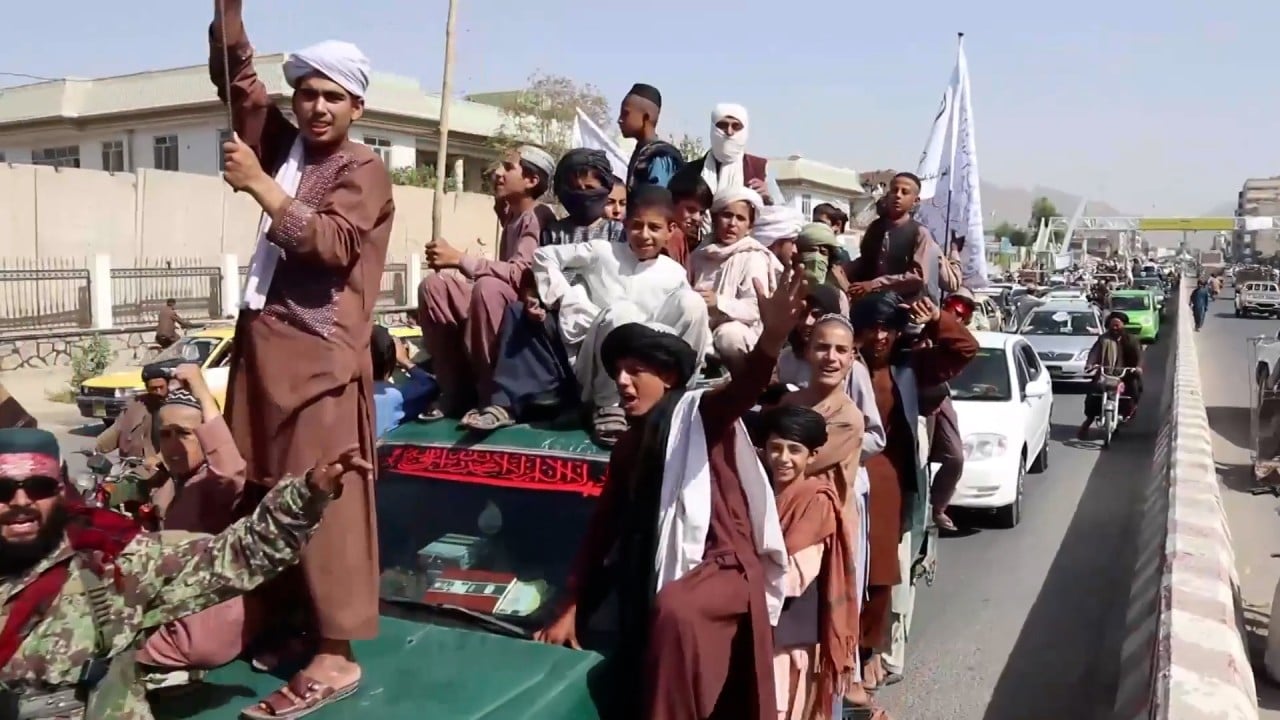Advertisement
Stop arms sales to ‘non-state actors’, China urges UN treaty partners, in likely rebuke of US
- Chinese envoy for disarmament affairs calls out a country that ‘abuses the arms trade as a political tool’, in apparent reference to US weapons sales to Taiwan
- Caution on illicit arms transfers comes as Taliban take control of US weapons in Afghanistan, deepening worries about militant spillovers in China’s Xinjiang
Reading Time:3 minutes
Why you can trust SCMP
43

Rachel Zhangin Shanghai
China has called for increased vigilance against illicit arms transfers and – in an apparent reference to the US – urged all parties to a global arms trade treaty to stop selling weapons to “non-state actors”.
“We support the international community to take all necessary measures to regulate the international arms trade and to combat the illicit transfer of conventional arms,” Li Song, China’s ambassador for disarmament affairs, told the United Nations’ Arms Trade Treaty (ATT) conference in Geneva, marking China’s first participation as a formal party to the pact.
Li did not name any specific incident, but the timing of the meeting could provide clues. Afghanistan is currently experiencing a turbulent power reshuffle, with the Taliban seizing control of the country following the complete withdrawal of US and Nato troops.

02:00
Pro-Taliban celebrations in Afghanistan after departure of US troops
Pro-Taliban celebrations in Afghanistan after departure of US troops
The insurgent group has reportedly taken possession of a considerable amount of American weapons and equipment from Afghan government forces, sparking worries that these may end up falling into the hands of terrorist groups with close ties to the Taliban, such as al-Qaeda.
Beijing has long feared that post-US turmoil would turn Afghanistan into a hub of terrorism. It has voiced worries that the upheaval would spill over and affect Beijing’s heavy investments in Central Asia as well as its counterterrorism efforts in Xinjiang, the far-western Chinese region bordering war-torn Afghanistan.
Saudi Prince Turki Al-Faisal, former head of the kingdom’s intelligence services, blamed the US for its mismanagement.
“I don’t know which word to use, whether incompetence, carelessness, bad management – it was all a combination of those things,” he was quoted by CNBC as saying on Saturday.
Advertisement